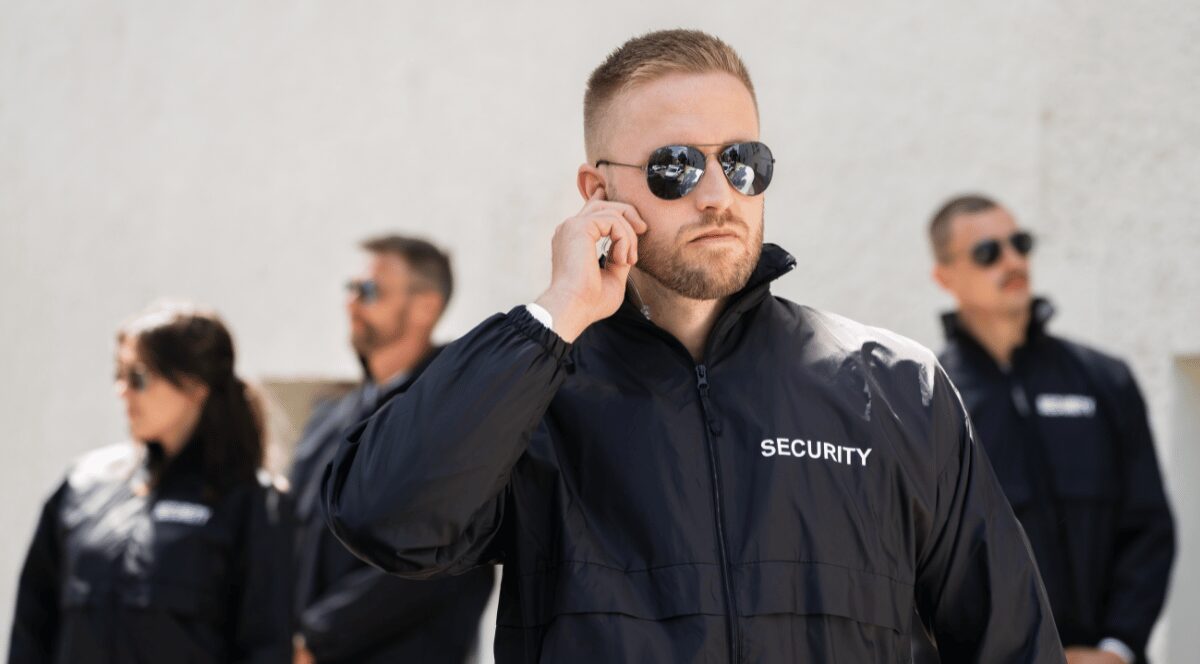The Class D license is an unarmed security guard license, and many of Florida’s security professionals begin their careers with this license. Nevertheless, thousands look to get a Class G license to upgrade their designation. With this upgrade, they can carry guns while on the job, allowing them to access more job possibilities and larger incomes. A good transition to this process requires understanding the steps involved.
Understanding the Basics
Before applying for a Class G license, you must first hold a Florida Class D security license, which means you need to complete a 40-hour course that teaches the fundamentals of security. This course includes emergency procedures, legal issues, and interpersonal skills, and teaches the appropriate knowledge for unarmed security personnel.
The Class G license builds upon this foundation with extensive training and assessments. This is specifically for those who are interested in becoming armed security officers. Not only does this require more schooling, but it also requires continued education and compliance with regulations.
Meeting the Eligibility Criteria
To be eligible for a Class G (full) license, several criteria must be met. Applicants must be at least 18 years of age with a valid Class D license. One can apply for a Florida Class D security license online if required. The applicants must also be US citizens or legal residents with no criminal record.
Moreover, a history of substance misuse or mental instability can disqualify an applicant. Another requirement is physical fitness. Due to the risks involved with being armed, applicants must have the physical ability to safely carry and operate a firearm.
The Necessary Training
Which form of training is required to upgrade to a Class G license? The state requires that you take a state-approved 28-hour firearms training course with a licensed instructor. A combination of classroom training and live-fire firearm training activities is included in this course.
Classroom sessions cover topics such as firearms safety, legal liabilities, and conflict resolution. These concepts are important for appreciating the serious responsibility of carrying a weapon and the legal risks associated with it.
Practical training consists of learning how to handle a weapon safely and skillfully. Participants engage in exercises such as shooting at a range and practicing accuracy and control. This experience is vital to developing confidence and proficiency with a firearm.
Qualifying Exams
At the end of the course, candidates must pass a written exam and a shooting test. The written exam tests familiarity with laws, safety standards, and proper firearm use. Knowledge of these topics is crucial for passing the exam.
The practice exam tests the candidates’ ability to handle a weapon in different scenarios, including accuracy and control to hit targets consistently. This is an essential task, as it shows the potential gun owner knows how to wield the weapon they carry.
If you do not have a personal experience like this one, mention an incident, phrase, or line from the published story that made you consider how your application would stand out from the rest.
Maintaining the License
Getting a Class G license is not the final step. All license holders must participate in continuing education to sharpen their skills and learn about legal changes that may affect their work in the long term. In Florida, you must requalify yearly with the firearm to keep the license. This includes retraining and a shooting assessment to prove that the officer has not lost the skill.
License holders are also responsible for keeping their records up to date, including address and employment information. Everything regarding license passages and compliance keeps helping to maintain this license without any complications.
Career Options ·
Security professionals with a Class G license have wider access to a more expansive array of job roles. These roles can be found in many sectors, from corporate security to government facilities and even personal protection. Firearm carrying opens up more possibilities in terms of jobs and potential specialized roles.
In addition, armed security jobs typically offer higher salaries due to the increased responsibility and skill involved. Such a financial incentive is a strong force for professionals wishing to upgrade their licenses.
Conclusion
In Florida, the process of upgrading a Class D security license to a Class G security license consists of training, an assessment, and an application. Improve Duties: By knowing and fulfilling the duties, users can improve their skill set and then have more career options. The high bar for training and ongoing regulation helps ensure that anyone carrying a gun does so responsibly and safely. By putting in the time and effort, one can successfully transition and reap the benefits of an upgraded permit.



































